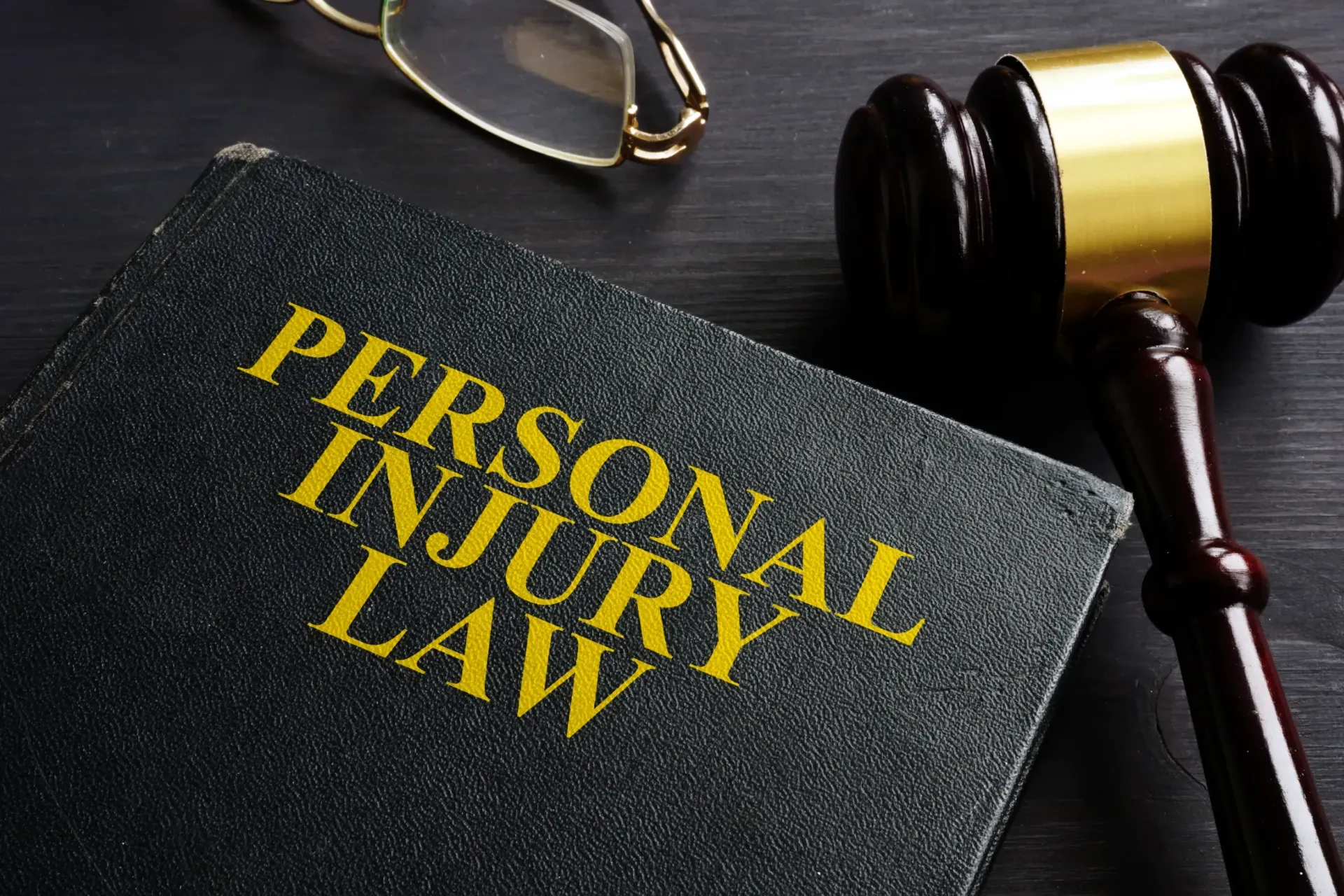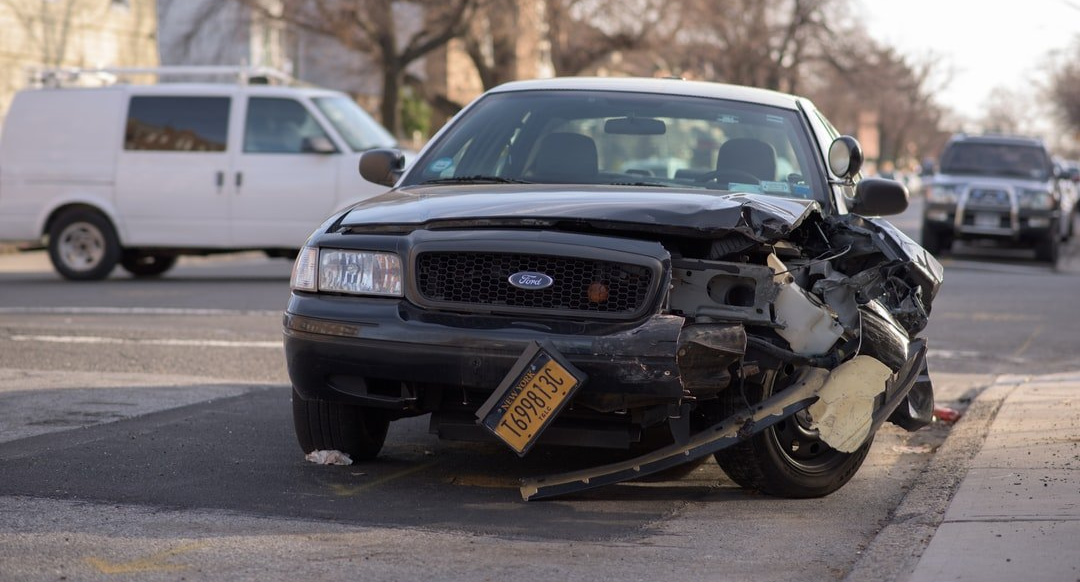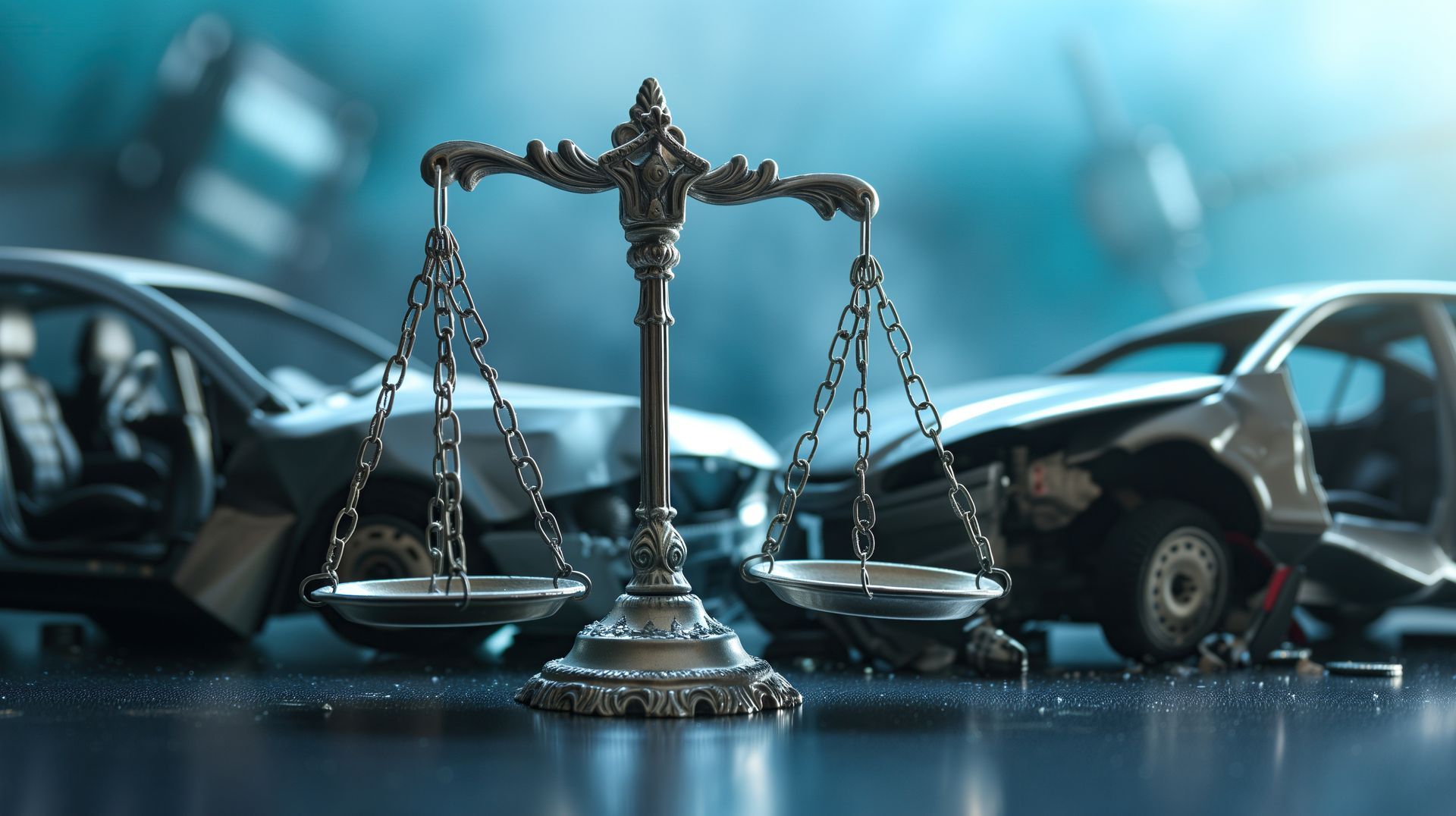How Do I Know If I Have a Valid Wrongful Death Claim
Unlocking Compensation: Validating Your Claim
Are you wondering if you can seek justice for a loved one’s passing? Discover the key to valid wrongful death claims in Texas. When a tragic loss occurs due to someone else’s actions, navigating the legal path can be overwhelming. Seeking guidance from a Houston wrongful death attorney is crucial.
Understanding the grounds for a wrongful death claim is the first step toward seeking closure and compensation. Let’s explore the essential elements that define a valid wrongful death claim.
Quick Summary
Below is an overview of the key points of this blog article.
- A wrongful death in Texas happens when someone dies, or a fetus doesn’t survive birth because of someone else’s mistake or carelessness. Wrongful death lawsuits can result from accidents caused by negligence, medical mistakes, or intentional actions like crimes.
- To have a valid wrongful death claim, you must prove four things: duty of care, breach of duty, causation, and damages.
- Spouses, parents, and children can file wrongful death lawsuits in Texas.
- The Statute of Limitations in Texas gives you two years from the date of death to file a wrongful death lawsuit. If you miss this deadline, you can’t sue, even if you have a strong case.
- There are exceptions to the two-year time limit for wrongful death cases in Texas. These exceptions apply when the person filing the claim is a minor, when the people being sued are unknown, in cases of fraud, and in situations of mental or physical incapacity.
- The comparative negligence system determines responsibility in wrongful death cases in Texas. If the deceased person is found to be 51% responsible, the lawsuit won’t be valid, based on the idea that wrongdoers shouldn’t benefit from their actions.
What is a Wrongful Death?
In Texas, a “wrongful death” occurs when:
- Someone dies, or a fetus does not survive birth due to an injury.
- The injury is caused by someone else’s mistake, carelessness, or negligence.
- If the person had survived, they would have been able to sue for personal injury.
Just like with personal injury claims, various events can lead to a wrongful death lawsuit, such as:
- Accidents caused by negligence, like car crashes, faulty products, and unsafe places
- Mistakes made by medical professionals
- Intentional actions, like crimes
How Do I Know If I Have a Valid Wrongful Death Claim?
For a wrongful death lawsuit to win, the person suing, with their Houston wrongful death attorney, must show proof that includes:
- Duty of Care- A valid wrongful death claim requires proving that someone had a duty to be careful and didn’t fulfill that duty, leading to someone’s accidental death. The idea of “care” changes depending on the situation. For example, in a car accident, it means driving safely like a “reasonable person” would. In cases involving faulty products, it means making products correctly and warning about any dangers. The person suing must prove that the duty existed and that the negligent party didn’t meet it. Then, a judge or jury will decide if the negligent party should be held responsible.
- Breach of Duty- If there’s a duty, it must be broken, and the person suing must prove this. For a car accident, it’s sufficient to prove that the person at fault was texting while driving, which caused the crash. Also, the person suing must demonstrate that the defendant was more than 50% responsible because Texas follows comparative negligence rules.
- Causation- The third factor is causation. The person suing must show that the victim’s accidental death happened because of the breached duty. For instance, if a doctor gave the wrong treatment, leading to the victim’s death, the doctor’s mistake must be directly responsible. It’s insufficient to prove there was a duty, and it was broken. The person suing must connect the victim’s death to the broken duty. If something else, like a pre-existing medical condition, caused the death, the lawsuit won’t be valid.
- Damages- Damages just mean that the person suing experienced some kind of loss because of the victim’s death. This could include:
- Loss of consortium
- Loss of insurance
- Loss of services
- Loss of care
- Lose of household
- Loss of income
- Loss of life
Losses include medical bills, funeral expenses, and emotional pain and suffering. It’s important to know that the person suing has to prove these four things. In a civil case, the person making the claim has to show evidence. So, the person suing has to prove these four things to have a valid case.
Additionally, to have a valid case, the person suing must be someone who would benefit from the victim, like a child or spouse. They must prove that they suffered because of the loss.
For example, a child or spouse who was not on good terms with the victim cannot say they suffered because of the death. Likewise, the person suing cannot file a case on behalf of a child of the deceased victim.
Who Can File a Wrongful Death Claim in Texas?
According to the Texas Wrongful Death Statute, spouses, parents, and children can file wrongful death lawsuits.
- Spouses
- In Texas, spouses can file wrongful death lawsuits. This includes legally married couples and those in common-law marriages. For a common law marriage to be valid, the couple must have agreed to be married, lived together, and presented themselves as married.
- Issues can arise if spouses are separated, getting a divorce, or have already divorced when one of them dies. However, separated or divorcing spouses can still file a wrongful death claim, even if one remarries after the other’s death.
- Once a divorce is final, the former spouses cannot file a wrongful death claim because they are no longer considered spouses. Same-sex couples who are legally married or in a common law marriage can also file wrongful death claims in Texas.
- Parents
- According to the Texas Wrongful Death Act, “parents” refers to both biological and adoptive parents. Stepparents or foster parents are not included, even if they have raised the child for a long time or were the child’s only guardian.
- Adoption can be complex. Often, parents have custody of an adoptive child before the adoption is officially completed. However, adoptive parents can only file a wrongful death lawsuit after the adoption is finalized.
- Children
- The grown-up children of someone who has passed away can file a wrongful death lawsuit. This includes both biological and fully adopted children. When there are minor children left behind by the deceased, they can file a wrongful death claim until they reach the age of legal adulthood.
- This means the time limit for filing a lawsuit doesn’t start until a minor turns 18. However, in many cases where there is a surviving minor child, another parent or guardian will file the wrongful death claim on their behalf.
How Does the Statute of Limitations Affect My Wrongful Death Claim’s Validity?
The Statute of Limitations sets the time limit for starting a lawsuit. This time limit is usually short; once it’s over, you can’t sue anymore. In Texas, for a wrongful death case, you have two years from the date of death to file your lawsuit. If you miss this deadline, your lawsuit won’t be valid, even if you have a good case.
What Are the Exceptions to This Statute of Limitations?
Some special rules in Texas change the two-year time limit for wrongful death cases. These exceptions apply when the person filing the claim is a minor when the people being sued (or their negligence) were not known, in cases of fraud, and in situations of mental or physical incapacity.
The two-year time limit starts when minors turn 18. But they don’t have to wait until then to file a claim; a parent or guardian can do it. If the people being sued or their negligence were unknown, the time limit starts when a reasonable person would have realized they had a case.
In fraud cases, the time limit might be extended to when the family discovered the fraud. If a family member who could file a claim is mentally or physically unable to do so within two years, the time limit can be extended.
Does the Comparative Negligence Rule Affect My Wrongful Death Claim?
As mentioned before, Texas uses a comparative negligence system. This means the law considers how much responsibility each party has. For the plaintiff’s lawsuit to be successful, the party at fault must be more responsible than the victim.
So, if the deceased person is found to be 51% responsible for the accident that caused their death, the plaintiff’s wrongful death lawsuit won’t be valid. This rule is based on the idea that someone who did something wrong shouldn’t benefit from their actions.
Seeking Justice for Your Loved Ones
Understanding your rights in a wrongful death claim can be complex, but you don’t have to navigate this challenging time alone. Leeds Law Firm is here to help you every step of the way. Our trusted Houston wrongful death attorney is dedicated to fighting for justice for you and your loved ones.
We understand the emotional and financial toll of losing a family member, and we are committed to helping you seek the compensation and closure you deserve. We can also assist you with Criminal Mischief, Criminal Trespass, and Evading Arrest.













